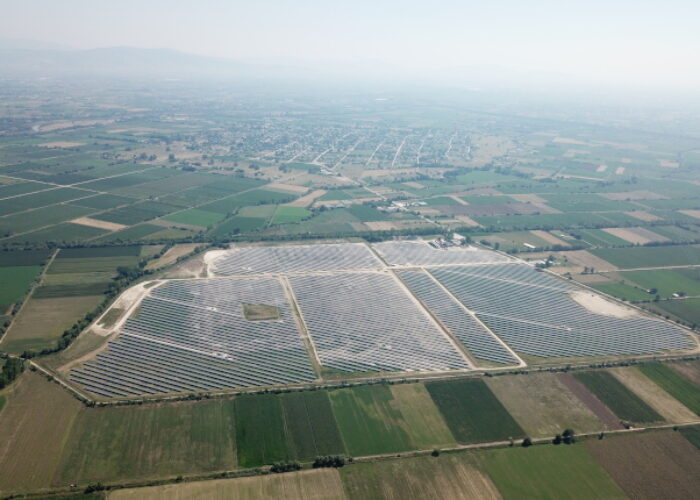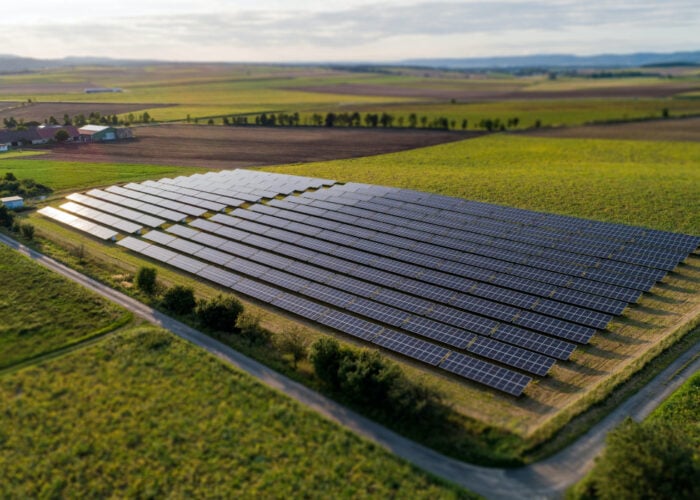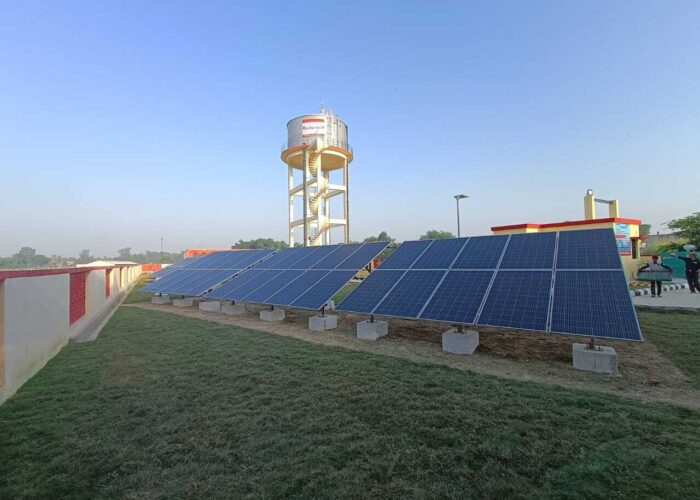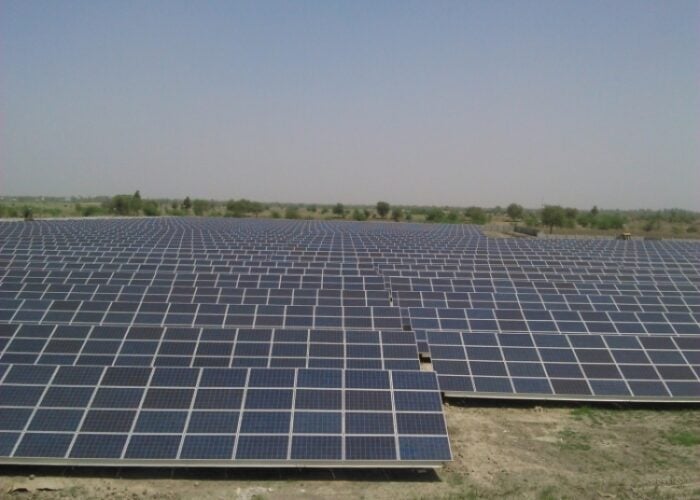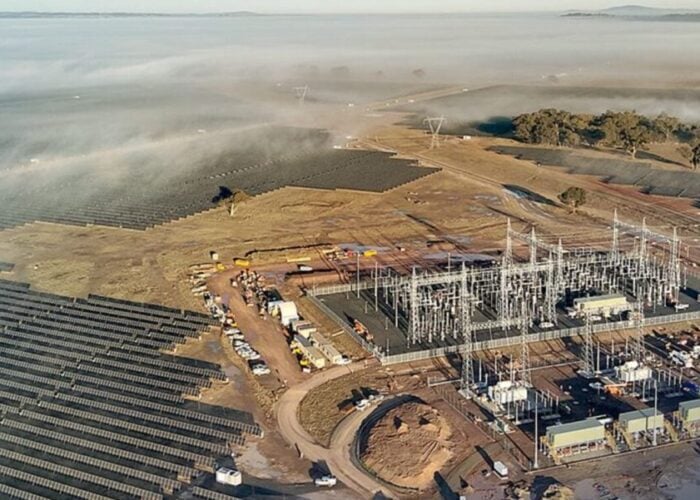At the end of October, the Czech government approved special measures against the ongoing solar boom in the country. Many of these measures are being abruptly negotiated and passed by the Czech Parliament so that they can take effect starting in January 2010. One of these measures will be a brand-new retroactive ‘solar tax’ imposed on producers of solar energy.
Legislative storm
The political battle over consequences of the solar boom in the Czech Republic has resulted in a ‘legislative storm’ that will significantly harm the local photovoltaic industry. Politicians are keen on punishing so-called ‘solar barons,’ which has become a popular nickname for operators of PV systems over 30kWp coined by the country’s main media. These solar barons are being blamed for a possible increase in electricity prices from 2011, caused by the amount of PV being installed in the country.
Unlock unlimited access for 12 whole months of distinctive global analysis
Photovoltaics International is now included.
- Regular insight and analysis of the industry’s biggest developments
- In-depth interviews with the industry’s leading figures
- Unlimited digital access to the PV Tech Power journal catalogue
- Unlimited digital access to the Photovoltaics International journal catalogue
- Access to more than 1,000 technical papers
- Discounts on Solar Media’s portfolio of events, in-person and virtual
First package of legal measures
At the end of October, the Czech parliament took the first set of measures against locally installed PV:
- End of a tax holiday for all operators of PV plants to be applied retroactively.
- Change of write-off scheme (its deterioration) applied retroactively to all PV plants.
- New FIT will be applied only on rooftop PV installations with maximum capacity of 30kWp from March 2011.
- Abolition of the FiT for off-grid PV systems and for ground-mounted PV plants from January 2011.
- A 500% increase in fees paid to the authorities for using land in order to discourage investors from building ground-mounted PV plants.
Unique 26% solar tax
Simultaneously, the Czech government also approved the introduction of a brand-new (unique within EU) solar tax. This 26% tax will be imposed on income generated from ground-mounted solar installations which have installed capacities over 30kW, in order to recycle the proceeds to curb retail power price inflation of 5.5% projected by the government.
This solar tax will be retroactively applied to all ground-mounted PV built in 2009-2010 in the Czech Republic. Basically, it means a decrease of the purchase prices of solar energy under the FiT that were supposed to be guaranteed to investors for 20 years by the government.
Investors going bust
According to some bankers I've spoken with, there will be many defaults as many solar investors cannot survive an imposition of the solar tax. The Czech PV trade association (CZEPHO) shares the same opinion.
“We are persuaded that over 50% of all large-scale installation will go bankrupt as a result of the new solar tax,” noted Jan Hlavac, speaker of CZEPHO. “The taxation will cause that a payback of the solar projects will exceed 20 years.”
This unexpected and indeed controversial measure by the Czech government has already resulted in a cancellation of many large-scale solar installations in the country. All investors are very anxious at the moment.
Imminent arbitrages
According to Jakub Hajek, a legal advisor of the leading Czech law firm Glatzova and Co., an implementation of the new solar tax represents a substantial change in the conditions related to doing business in the Czech Republic. “In this respect, we expect a new boom of legal disputes and arbitrages between foreign investors and the Czech state,” he said.
Experts estimate the value of imminent arbitrages could be well over €10 billion. Since the new solar tax proposal is retrospective, it has certain legal drawbacks. The current legal view is that the odds are high that the investors will succeed in the arbitrages against the Czech Republic.
Damaged reputation
Because of the solar tax, the Czech Republic may lose its credibility among investors, because of the country's perceived unstable legal environment. The government officials and politicians cannot take new legal measures abruptly based only on figures presented solely by distribution energy companies, since there are many examples showing that these companies' data are inherently overestimated.
Failure of authorities
The solar boom in the Czech Republic has been brought about mainly by a failure to regulate the industry in a thorough and timely fashion by the respective authorities. It is by no means the fault of investors. Now it seems that the investors will be punished for the mistakes of regulators.
Czech politicians and authorities are eager to penalize (by taxes) the solar barons. Although it may be a popular step for the local politicians, it is very short-sighted approach. The final outcome may be billions of Euro in lost arbitrages and the damage to the reputation of the country and its credit rating.
The Czech Parliament will make its final decision on the solar tax in mid-November. Since there is a general consent among Czech politicians on this issue, the odds are extremely high that the legislation will be approved.

